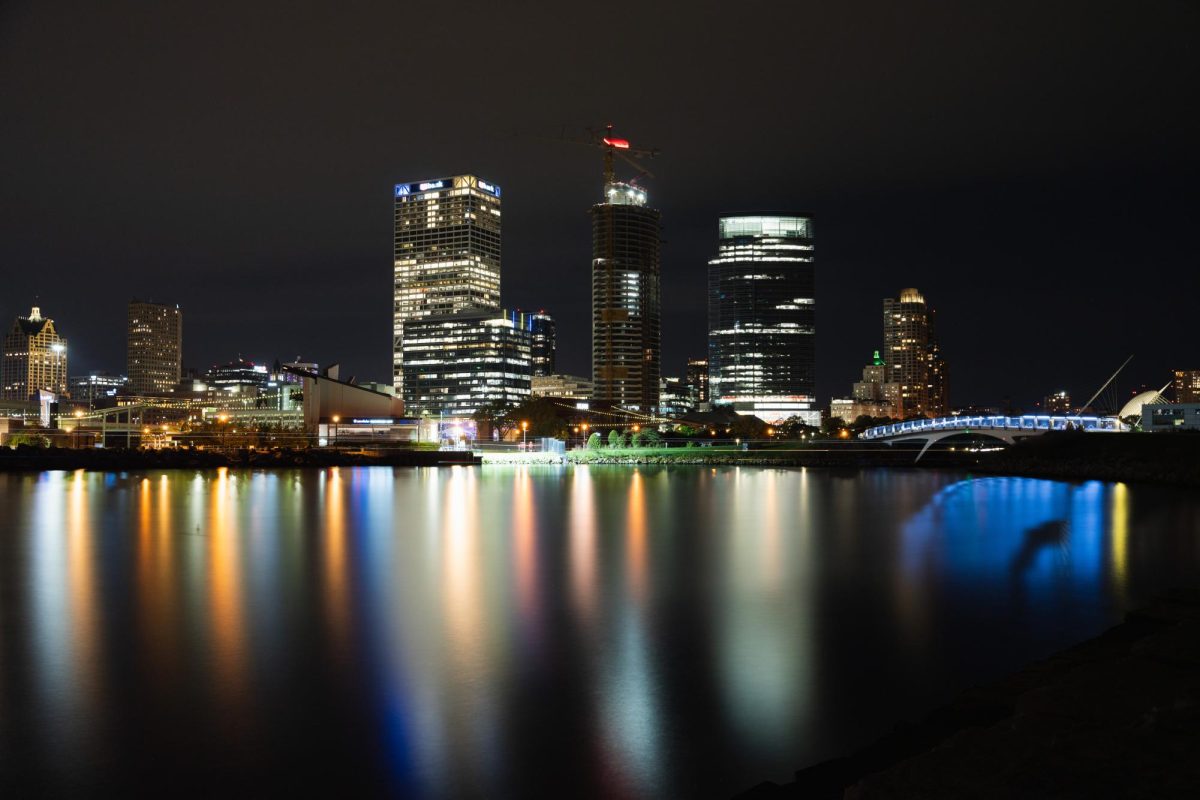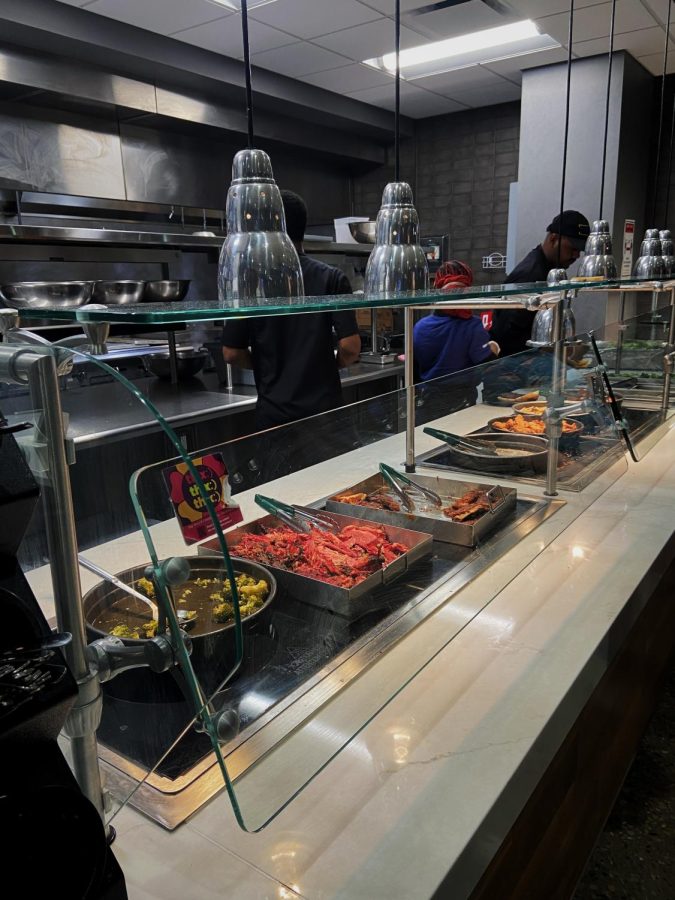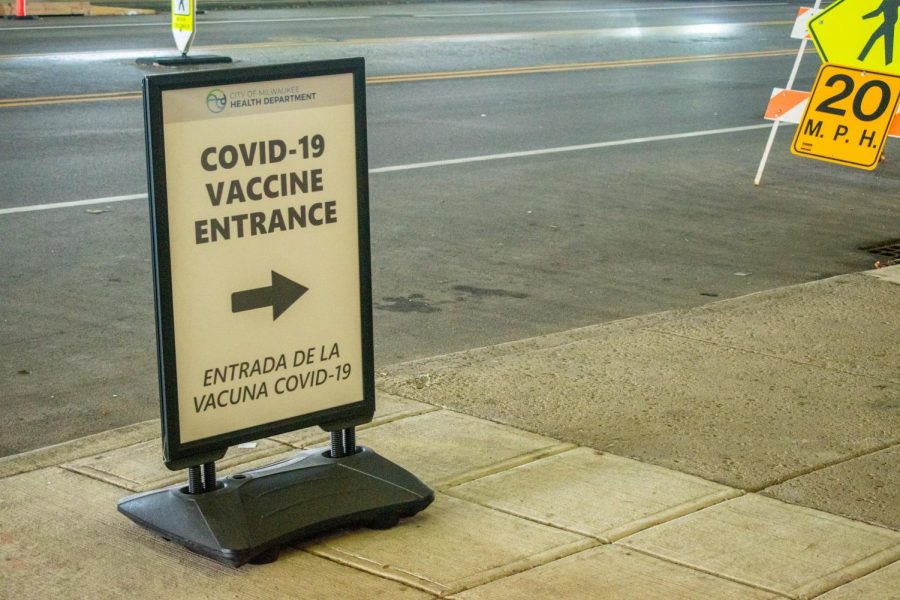I’ve been having trouble sleeping. It’s just so bright outside my window, I can see lights going on for miles and it looks like the sky is nearly orange with their light.
Sky glow is a phenomenon where the night sky stays bright well past sunset, obscuring views of space. It’s most common in urban areas populated with traffic lights, cars, advertising and fluorescent lighting.
The sky becomes permeated with wasted light that extends day into the nighttime and causes a plethora of health problems. Photoreceptors in the eyes receive the artificial lights which inhibits melatonin production and prevents the circadian rhythm from happening regularly. Melatonin is needed for healthy sleep, strong immune systems and proper gland function, including thyroid, pancreas and adrenal.
The blue light being used in outdoor lights is the prime cause for these problems. It’s harshness and range are also hurting the animals we share our world with.
Wasted light escapes into the atmosphere, brightening and reflecting off clouds and hiding the night sky. Without the moon and starlight, many animals can’t navigate the world. Birds use celestial bodies to migrate, but with artificial city lights permeating the night, they can veer off course and into dangerous territory.
Because the sky is lighter at night, nocturnal animals are completely thrown off their routines and now are forced to adjust in an environment complete opposite of what they evolved to do. For example, there are species of treefrogs that breed mainly during the night, but if it’s so bright they never think night arrives, then how are they supposed to continue their species?
We need to turn off all unnecessary outside lighting once it starts to get dark, and if you need to keep them on then buy lights directed towards the ground. Lights that point clearly down and away from the sky have minimized amounts of escaped light.
Blue light is the most harmful form because of its consequences, but a return to orange-hued lights would help stop some of those problems. Orange and red lights are easier on the eyes for both humans and animals. The light is enough to illuminate the night so humans can see but won’t inhibit the nighttime routines of nocturnal animals.
Red and orange light has a longer wavelength which prevents it from scattering too far into the atmosphere. Because it isn’t going as far, it doesn’t contribute as much to sky glow and allows night to remain night.
Red light is the best option for preservation of animals and prevention of sky glow, but it poses problems to humans. The color makes it hard for us to identify objects moving through the night, an aspect that could be dangerous if we were to use red light as street lighting. However, that’s why I’ve suggested a return to orange-hued lighting. Orange lighting has similar benefits but also allows us to see objects with clarity.
Light pollution is a very real problem in our world, and if we don’t stop it then we can say goodbye to the moon, the stars and the planets. We need to open our eyes and switch off our lights.
This story was written by Izzy Fonfara Drewel. She can be reached at [email protected].







